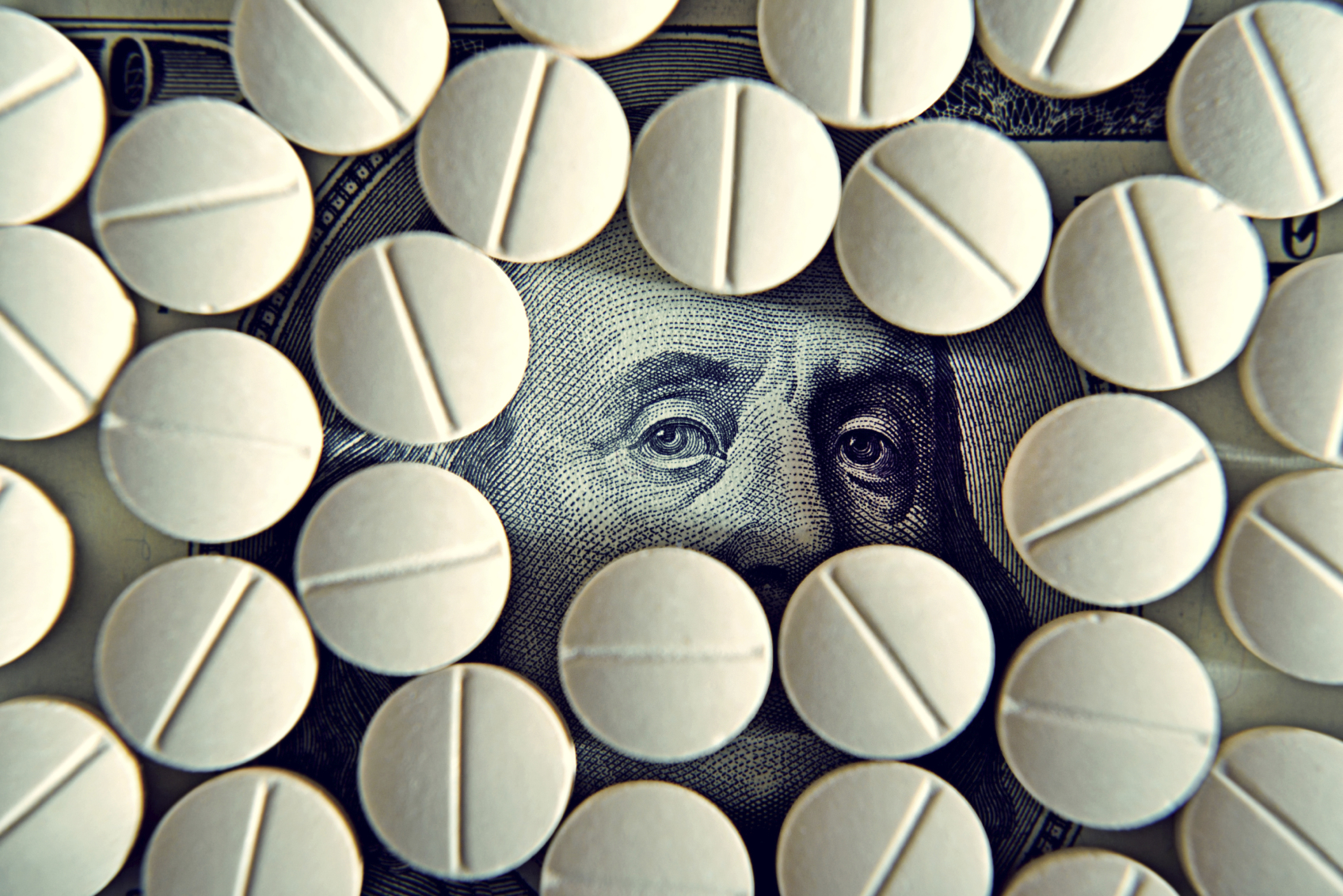Democrats agree last-ditch deal to save drug pricing plans

Under fire for abandoning a plan to allow Medicare to negotiate drug pricing, Democrats in the Senate have reached an agreement that could see the policy reintroduced in the Biden administration's 'build back better' spending proposals.
A new stripped back proposal has won over rebel Democrats whose earlier opposition led the plan to be shelved, despite being a longstanding pillar of Democrat policy and one of Joe Biden's campaign pledges.
Notable holdouts – including Senator Kyrsten Sinema of Arizona who has come under scrutiny over funding received from the pharma industry – have now lent their support to the deal.
Senate Majority Leader Chuck Schumer said the revised deal will allow Medicare – which provides health cover for older people as well as younger patients with chronic health conditions – to negotiate prices of some costly medications.
That would only be possible years after they have lost market exclusivity however – nine years for small-molecule drugs and 12 years for biologics – and would take place in a stepwise fashion.
Medicare would negotiate up to 10 drugs per year starting in 2023, with the prices taking effect two years later, rising to 20 medicines per year in 2028.
Other elements of the plans include tax penalties if pharma companies hike their prices faster than inflation, setting a cap of $35 per month out-of-pocket for insulin, and making sure that Medicare Part D patients don't pay more than $2,000 per year for medications bought at the pharmacy.
"The policy will establish a clearly defined negotiation process that is fair for manufacturers, and gets the biggest savings on drugs that have been on the market a long time," said the White House in a statement.
"This discourages drug companies from abusing laws to prolong their monopolies, while encouraging investments in research and development of new cures."
The Medicare negotiation policy has been a subject of intense lobbying by the pharma industry, which has long argued that hitting pricing would harm their ability to carry out R&D and bring new therapies to market.
The compromise deal does not sit well with industry body PhRMA however. The trade organisation's president and chief executive Stephen Ubl said it will "upend the same innovative ecosystem that brought us lifesaving vaccines and therapies to combat COVID-19."
He continued: "Under the guise of 'negotiation,' it gives the government the power to dictate how much a medicine is worth and leaves many patients facing a future with less access to medicines and fewer new treatments."












